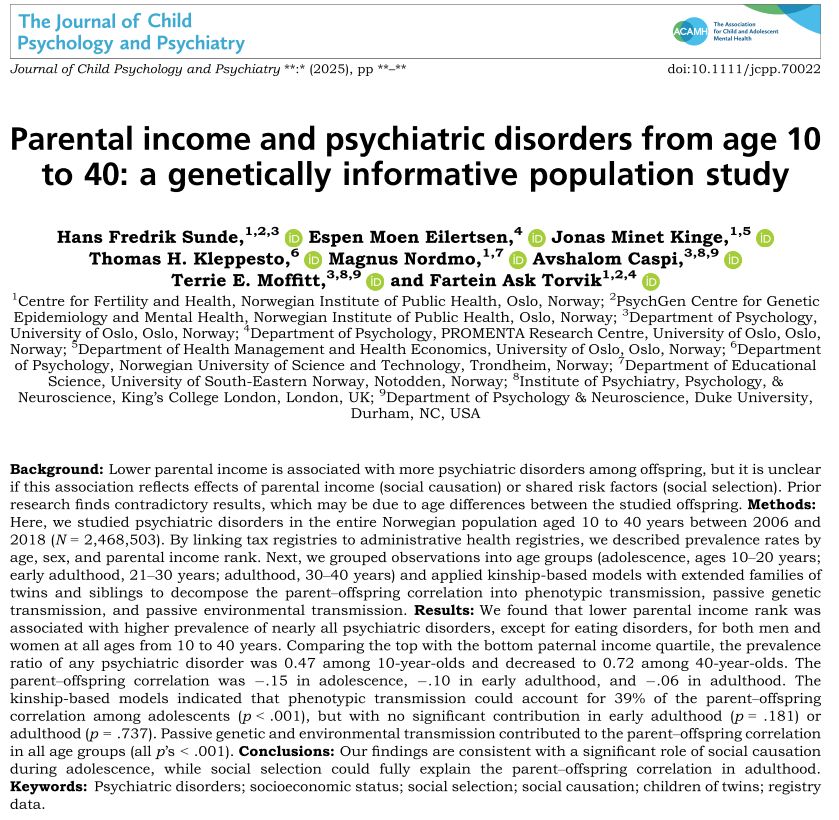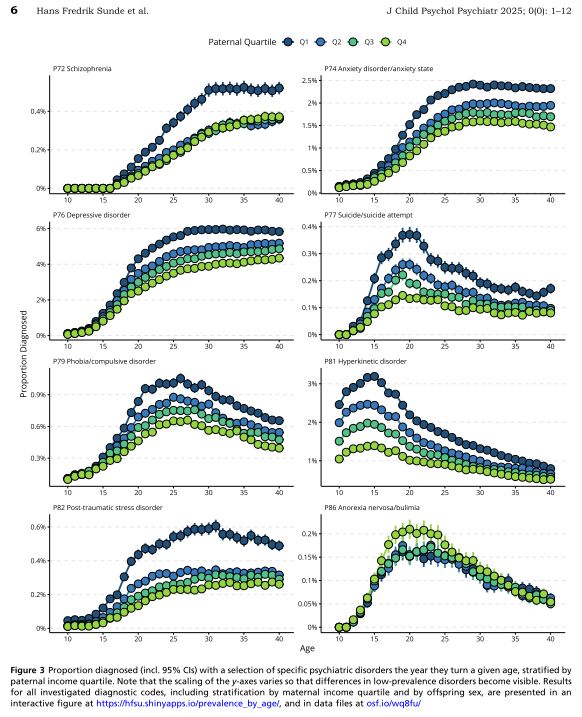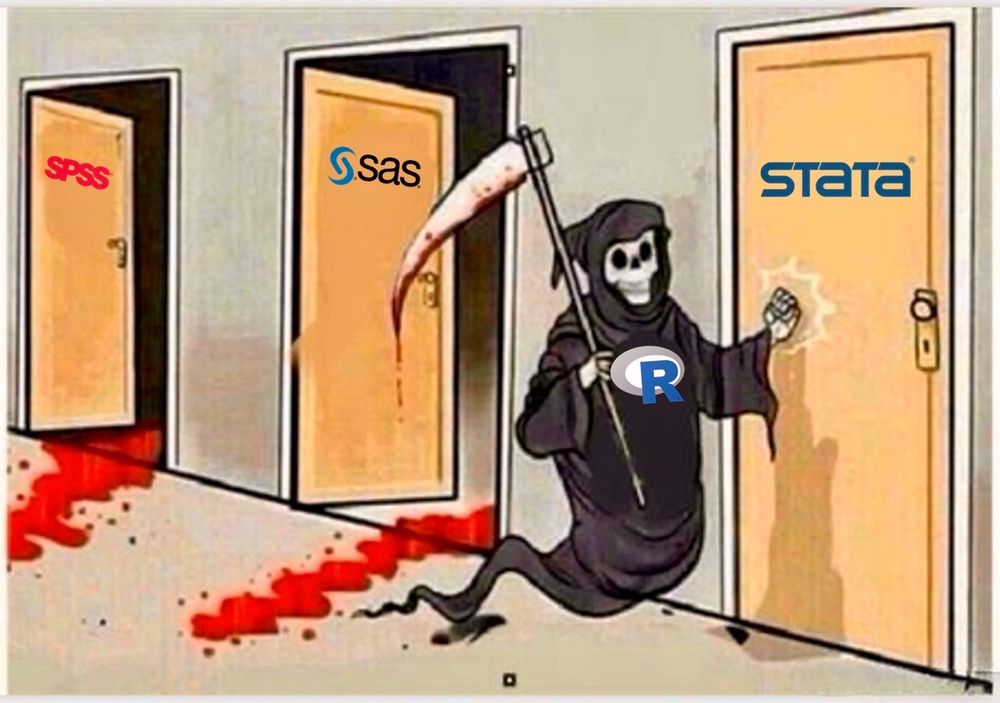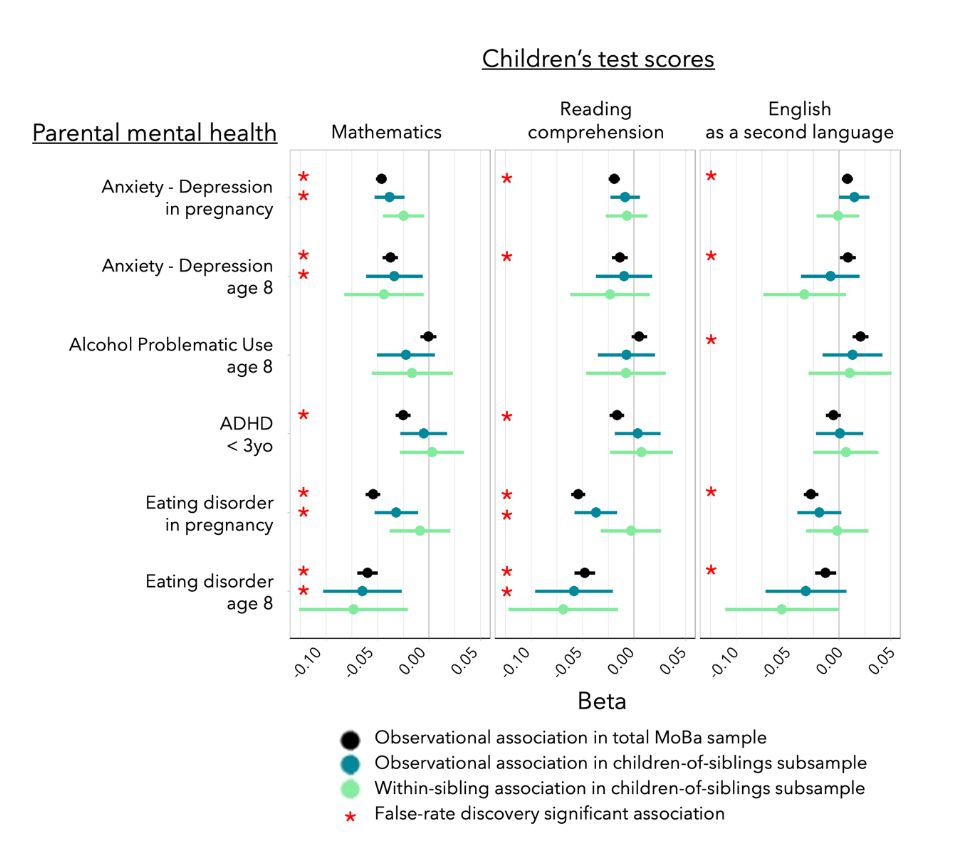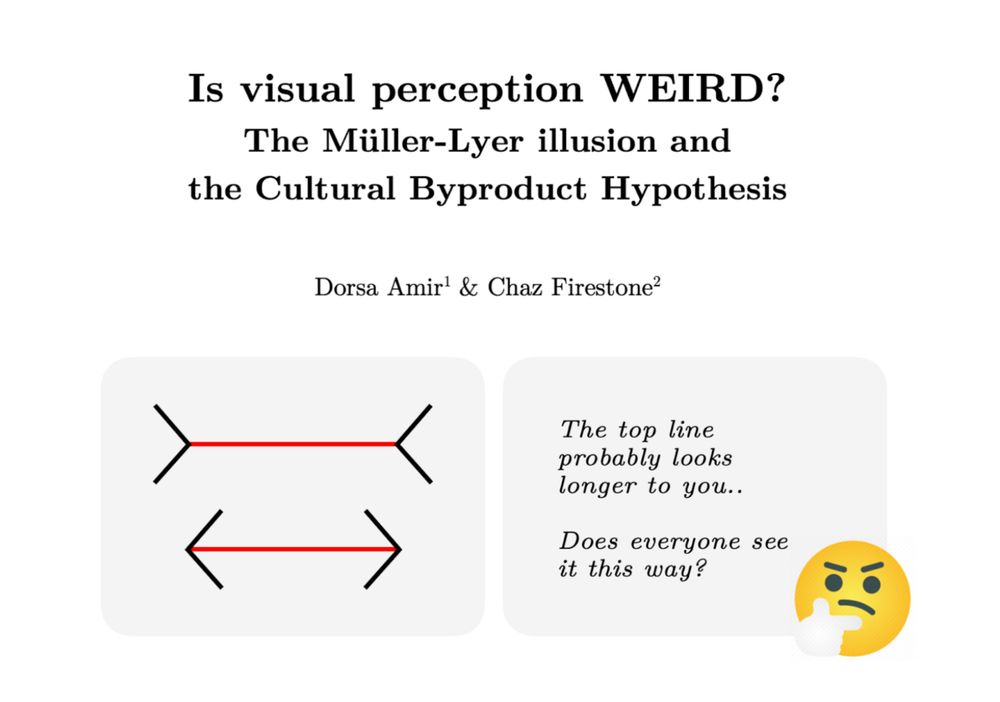Posts
Media
Videos
Starter Packs
Reposted by Magnus Nordmo
Reposted by Magnus Nordmo
Magnus Nordmo
@magnusnordmo.bsky.social
· Jul 10
Magnus Nordmo
@magnusnordmo.bsky.social
· Jun 28
Magnus Nordmo
@magnusnordmo.bsky.social
· Jun 28
Magnus Nordmo
@magnusnordmo.bsky.social
· Jun 28
Reposted by Magnus Nordmo
Magnus Nordmo
@magnusnordmo.bsky.social
· Apr 18
Reposted by Magnus Nordmo
Reposted by Magnus Nordmo
Reposted by Magnus Nordmo
Reposted by Magnus Nordmo

